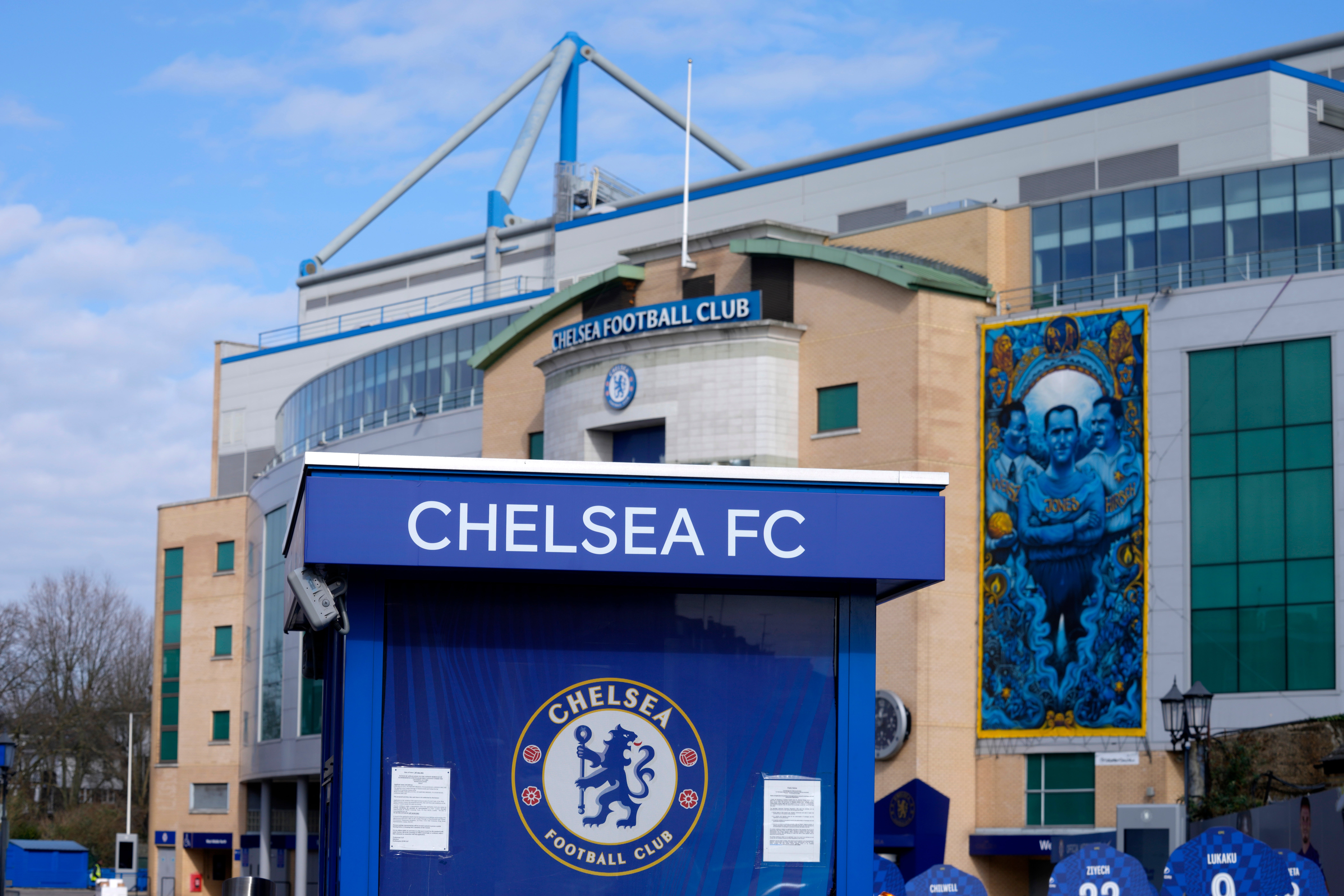Chelsea financially perilous after Abramovich is sanctioned
Lavish spending, sustained only by Roman Abramovich’s investment, funded Chelsea’s 21 trophies during his 19 years as owner

Lavish spending, sustained only by Roman Abramovich's investment, funded Chelsea's 21 trophies during his 19 years as owner. Now there are fears the Premier League club could run out of money after the British government sanctioned the Russian oligarch and froze his assets.
A team that won the Champions League last year and was crowned world champions by FIFA a month ago has now had some banking facilities frozen with officials unable to use corporate credit cards while Barclaycard assesses what is permitted under government rules.
Chelsea is only allowed to continue operating and playing games under conditions set out by the government through a special license, with caps on spending and a prohibition on selling tickets that will impair the cash flow for a club with a last published wage bill of almost 28 million pounds ($36 million) a month.
Chelsea officials spent Friday in talks with the government to discuss how the club can continue to pay staff, operate Stamford Bridge on matchdays and ensure the club can be sold.
Abramovich had already announced plans to sell his trophy asset last week before he was sanctioned on Thursday over links to Russian President Vladimir Putin following the invasion of Ukraine.
The Raine Group, an investment bank, is working on the sale process on behalf of Abramovich, who remains owner of Chelsea. He originally hoped to divert the proceeds into a new foundation for the victims of the war in Ukraine, which he is yet to condemn Putin for launching. But the government will only sanction a sale that does not see Abramovich benefit as the government tightens the screw on influential it views as enabling Putin's regime.
There are potential buyers waiting in the wings, including British property investor Nick Candy and Todd Boehly, a part owner of the MLB’s Los Angeles Dodgers.
“I would describe Chelsea as a distressed asset,” said Rob Wilson, a football finance expert from Sheffield Hallam University, “and the association that they’ve got with the owner is what’s distressing them.”
The only bright spots for Chelsea on its second day as a sanctioned entity were that no more sponsors suspended deals after the jersey backer, communications firm Three, asked for its logo to be removed. Jersey maker Nike was yet to halt its sponsorship. Another sponsor, hotel search website Trivago, said it would remain sponsor of the training kits.
“We are looking forward to a transition of ownership as soon as possible and want to support the club in this process,” Trivago said. “We will provide any update to our business relationship if and when appropriate.”
The statement condemned the “unprovoked and catastrophic invasion of Ukraine” without naming Russia. Hotels on its website could still be booked in Russia on Friday night.
Booking travel is a looming challenge for Chelsea. The trip to France to play Lille in the Champions League next week has already been bought. But the spending on travel to future games has been capped at 20,000 pounds by the government.
Chelsea can also only spend 500,000 pounds on matchdays — starting Sunday at home to Newcastle in the Premier League that the club has won five times under Abramovich. The league title had been won only once in the 98 years before Abramovich bought the club in 2003.
Only five times during his ownership has Chelsea made a profit, according to the respected Swiss Ramble account on Twitter that analyzes club accounts. There have been cumulative losses of around 900 million pounds in almost two decades of Abramovich's ownership, while annual revenue has grown from 110 million pounds in 2003 to 435 million pounds in the last financial year.
Chelsea has been reliant on the 1.5 billion pounds of loans that Abramovich has pumped into the club which he has said he will not ask to be repaid.
The club can no longer even sell merchandise with the club shop closing within hours of the sanctioning announcement on Thursday. There is also a prohibition from the government on selling new tickets to generate revenue. Only season ticket holders can go to Premier League matches. There is the prospect of the stadium being empty for next week's FA Cup quarterfinal against Middlesbrough and a potential Champions League last eight match as tickets for those games would not be included for fans who bought season passes.
The impact could be felt hardest by temporary staff no longer being required to work at matches.
“We would like the club to have the ability to trade as close to maximum capacity as possible,” said Dan Silver of the Chelsea Supporters’ Trust. “All these people rely on that (money) to put food on the plate. It’s harsh on them, and the punishment falling all the way downhill is harsh.
“We don’t want to have any jobs lost as a result of this, because the bigger picture is to keep everybody in the club protected and looked after.”
The priority will be avoiding having to go into administration — bankruptcy protection. History, though, could be repeating itself. Chelsea was sold for 1 pound in 1982 to Ken Bates due to financial trouble and then Abramovich stepped in with his 2003 takeover when there were further cash problems.
___
More AP soccer: https://apnews.com/hub/soccer and https://twitter.com/AP_Sports
Bookmark popover
Removed from bookmarks